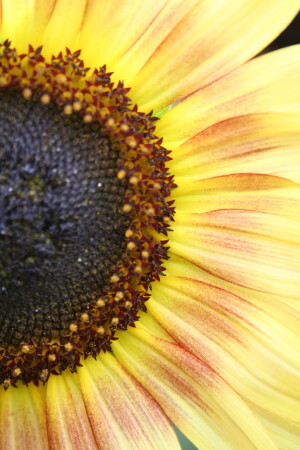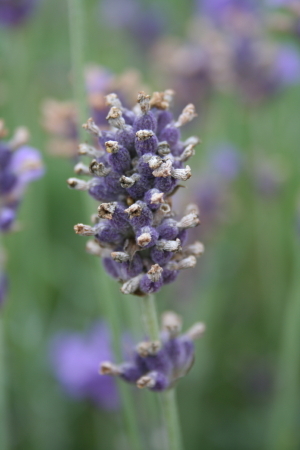 |
 |
It is not possible to continuously grow fruit and vegetables on plots without putting nutrients back into the soil. If this is not done yields will gradually fall over the years.
In addition a heavy soil such as clay needs a lot of organic materials added into it to improve productivity and make it easier to work. For some crops this is especially important as discussed below.
There are many ways in which this can be done and all the allotment manuals will have their own advice sections.
Below are just a few suggestions relevant to the conditions on the Addison Gardens Site.
- Plotholders should recycle their waste vegetable matter in a compost bin and where possible bring up their waste vegetable matter from home to supplement this. Ideally every plot should have two compost bins, one which is having material added to it and one which is decomposing ready for use. Advice on home composting can be found on the website www.recyclenow.com/home_composting. We have a communal composter in the lower field and plotholders should feel free to add to this following the advice sheet attached to it. When it is full and ready for use plotholders will be advised and can use an allocation for their own plot
- Horse Manure is an excellent for enriching clay soils. This is available on site for plotholders who subscribe to the manure scheme which costs £5 each year. For more details please contact the Chairman Karol Smal who runs the scheme. It is strongly recommended that plotholders should store the manure on their plot for at least a year before applying it to their beds
- Green Manures can be used to enrich the soil. These are widely available from all the seed suppliers listed on this site and can be sown when a bed is not being used for crops. They should be dug in before flowering.
- Other good organic fertilisers are blood, fish and bone, organic chicken pellets and seaweed meal (the latter available through the Organic Gardening Catalogue). (Note: a recent article in the NSALG magazine suggested that artificial fertilisers such as growmore are useless. They recommended applying horse manure to cover empty beds over winter-worms will take the nutrients down into the soil for you-, blood fish and bone before planting and chicken pellets sprinkled around growing plants as an further supplement.)
- Another very good fertiliser for clay soils is to grow a bed of comfrey and then use the leaves as a fertiliser. They can be dug directly into the soil but better still is to soak them in a barrel container and drain off the resulting liquid as a liquid manure.
- Some crops require more intensive measures to lighten the soil. In particular asparagus crowns need a much lighter and sandy soil. The same is generally true for some crops which need to burrow downwards such as carrots and parsnips. The recommended method here is to add sharp sand and possibly horticultural grit to supplement the other organic material described above.
- Some crops, particularly peas and beans will fix their own nitrogen into the soil so it is a good idea to leave the base of the plants in the soil to rot down. If the bed is needed for another crop the nitrogen fixing nodules can be found within the root system and rubbed off and scattered onto the bed.
